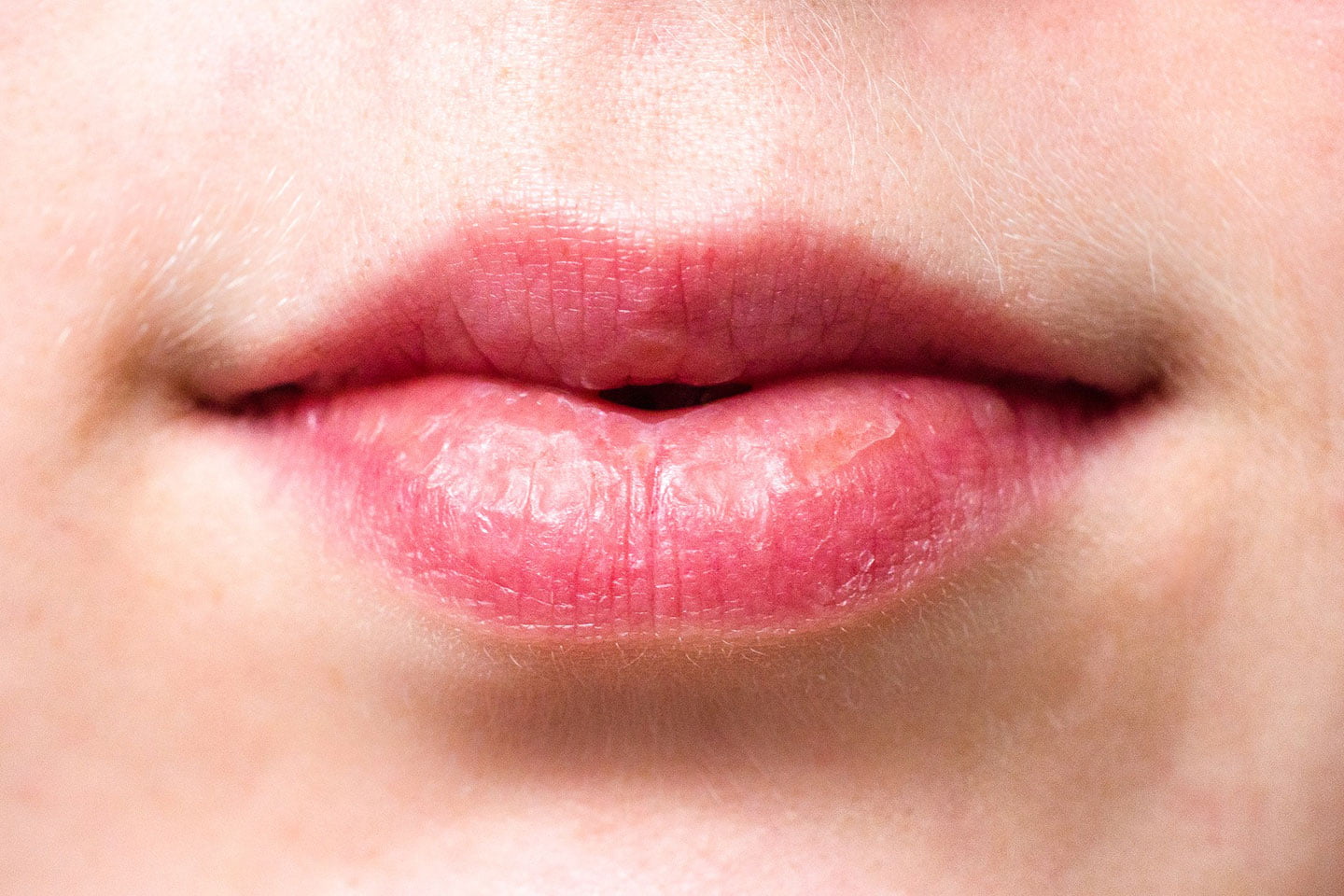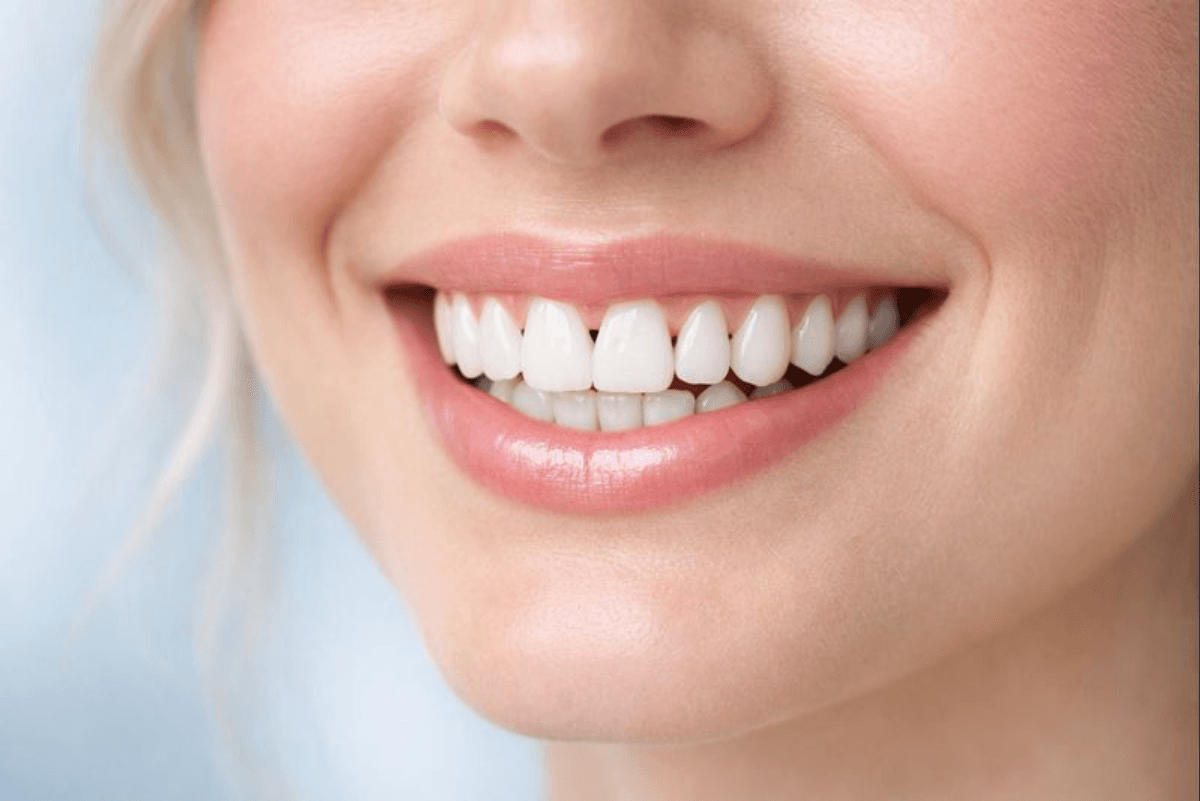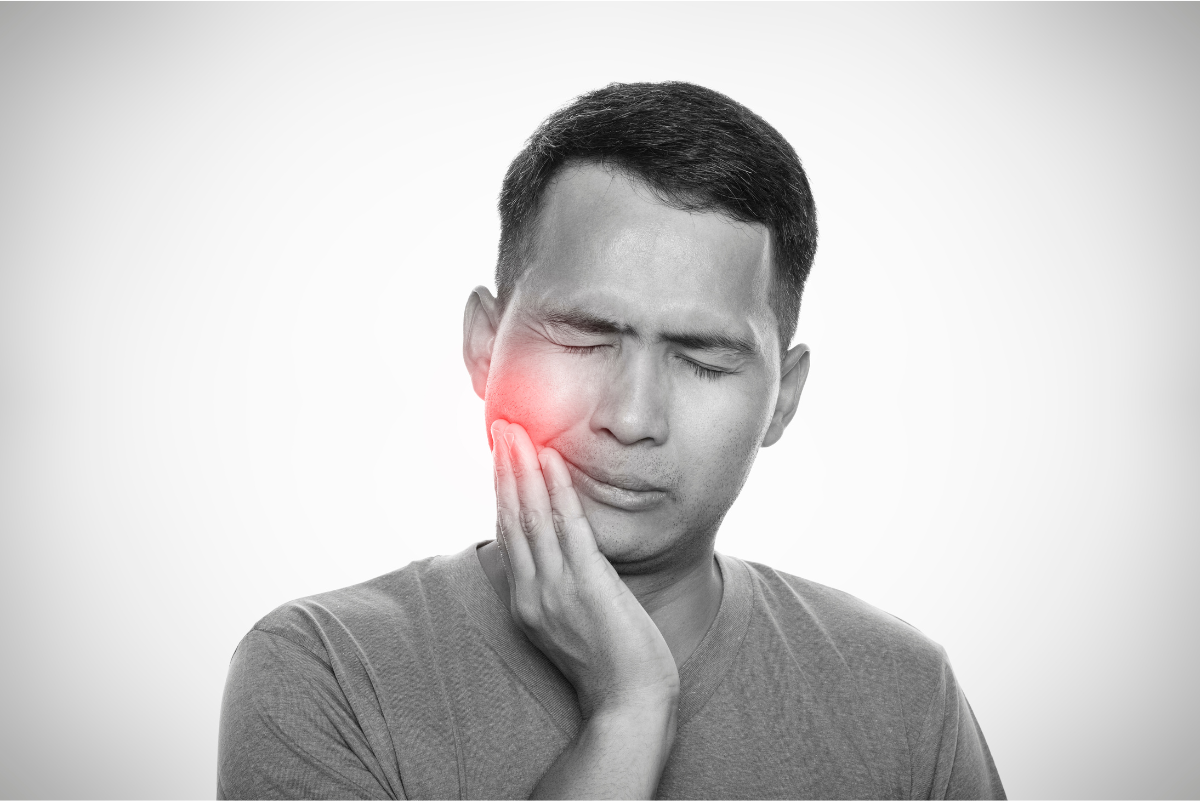Almost everyone has experienced dry mouth in some form or another. Whether it’s been mid-run in the summer heat that you’re suddenly feeling thirsty or you’ve eaten a salty meal, and the waitress seems to have disappeared at the exact moment you desperately need a refill on your water – it happens. Most of the time, dry mouth is temporary and can be taken care of by simply drinking a cold refreshment.

However, if dry mouth is becoming a constant problem and you’re perpetually parched, you may have xerostomia, a dry mouth condition where you aren’t producing enough saliva to keep your mouth moist. Read on to learn how saliva is a crucial part of our body’s operating system, what causes dry mouth, and how it can be treated.
Why We Need Saliva
Saliva does a whole lot more than let you know when you’re excited to bite into that decadent dessert or your favourite meal. While drooling is one thing, your saliva actually helps you chew, swallow, digest, and even taste your food. Not only does it help taste and digest the food, but it also helps protect your teeth from the bacteria in your mouth.
When you’re not producing enough saliva, the bacteria will grow and cause further problems such as tooth decay, bad breath, gum disease, or trouble swallowing your food. It’s important to note that temporary or permanent xerostomia (dry mouth) is not a disease in itself but rather a symptom of a long list of possible conditions.
Causes of Dry Mouth
Having dry mouth from time to time doesn’t mean you have an underlying condition and should follow with immediate concern. However, if you have other symptoms with it, or it’s become more frequent, you should speak with your doctor or dentist. Some possible causes of dry mouth can be as simple as dehydration or as severe as auto-immune disorders. These are some of the most common causes of dry mouth:
- Dehydration: While it may seem obvious, it’s worth adding this one to the list. When your body isn’t being replenished with fluid, you’ll become dehydrated, and your body won’t be able to produce as much saliva. Dehydration typically occurs with excessive sweating, vomiting, diarrhea, or not drinking enough water.
- Aging: 1 in 5 older adults experience dry mouth, which can be due to health issues, medications, or your body processing your medication differently than it used to.
- Medications: Whenever you see a commercial for medication or unravel the label, one of the typically listed side effects you’ll see is dry mouth. Some of the most common medications that will affect your saliva production are used to treat anxiety, depression, high blood pressure, and more. Antihistamines and some chemotherapy medication can also have this side effect.
- Stress and anxiety: When your body makes more cortisol (aka the stress hormone), it can change the composition of your saliva and result in more mouth dryness.
- Snoring and mouth breathing: Breathing through your nose is important to keep your saliva production at its peak. Breathing through your mouth, whether in your day-to-day or while snoring, can evaporate the saliva in the mouth and cause xerostomia symptoms.
- Smoking: It doesn’t matter what you’re smoking – weed, tobacco, and methamphetamines play a role in reducing the production of saliva. Continuous use that leads to a dry mouth can have further health complications down the road and accelerate tooth decay.
- Cystic fibrosis: This genetic condition can affect the salivary glands, and the medication to support the digestive and respiratory systems can cause dry mouth.
- Nerve damage: Any injury that causes nerve damage to the head and neck can affect the salivary glands that produce saliva and result in a dry mouth.
- Autoimmune disorders: An autoimmune condition is diagnosed when your immune system attacks your body with no discernible cause. Sjögren’s syndrome, a common autoimmune condition, causes dry mouth because of the inflammation in the salivary glands.
While a dry mouth can lead to a whole lot of discomfort, it isn’t just the feeling of your own personal desert in your mouth to look out for. Symptoms of xerostomia include:
- Difficulty swallowing, chewing, or talking.
- Cracked lips, a dry tongue, and a dry throat.
- Food or drinks don’t taste the same or don’t taste like anything at all.
- Mouth sores.
- Bad breath.
Treatment for Xerostomia
While chugging back some water may relieve you of your dry mouth symptoms, that won’t work in every case. Dry mouth, or xerostomia, is not a disease but a symptom of many possibilities. You’ll want to get to the bottom of the cause to have a long-term treatment that will work for you.
In most cases, you’ll be able to alleviate your dry mouth at home with any one or combination of these tips:
- Sip water regularly throughout your day.
- Use a humidifier in your bedroom.
- Limit your sugar and salt intake and chew on sugarless gum to promote saliva production.
- Avoid alcohol, caffeine, tobacco, and recreational drugs.
- Use a lubricating mouth spray like CariFree CTx2. This spray also contains xylitol to help reduce the risk of tooth decay that comes with dry mouth.
- Focus on cavity prevention: xerostomia puts patients at a high risk of cavities, and once they start they are hard to stop. That is why we provide patients with dry mouth a custom home care regimen to ensure we are doing all we can to prevent the need for dental treatment or even tooth loss.
If the problem persists, it’s crucial that you speak with your dentist or doctor in order to get to the root cause and get on the road to better oral hygiene. At Eau Claire Park Dental, we take a holistic approach to your dental health and work to strengthen your smile through comprehensive care. Don’t suffer from dry mouth longer than you have to! Reserve your appointment with our exceptional team today.
Have you ever had a dry mouth that water couldn’t quench? How long before it went away? Did you have to seek a professional’s help? Share your journey with our readers who may be experiencing this too.



